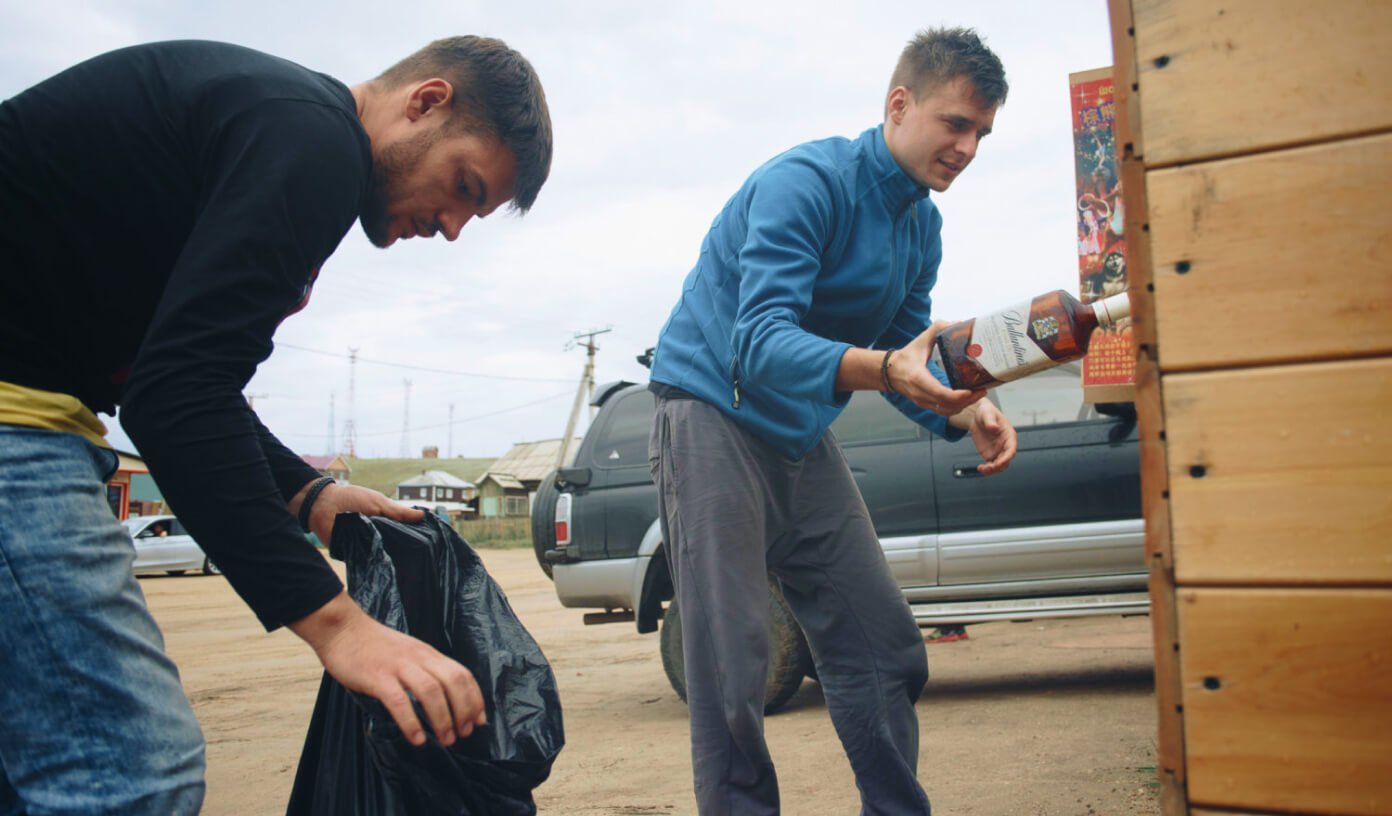12.09.2022
The villages on the shores of Lake Baikal will start sorting their rubbish from 2025
Separate waste collection in the Irkutsk region will be implemented with the participation of the Russian Ministry of Natural Resources and the Russian Ecological Operator.
 Photo by: Greenpeace
Photo by: Greenpeace
From 2025, separate waste collection will be introduced in settlements on the shores of Lake Baikal. This is reported by TASS, citing the Minister of Natural Resources and Environment of the region Svetlana Trofimova.
The new system of waste management will appear in 77 settlements.
“Now we are collecting information, working through the mechanisms, clarifying the needs of municipalities, what containers should be, forming a standard format of container sites. And it is necessary to attract businesses that provide tourism services on the shores of Lake Baikal, so that they also switch to separate collection in this area,” — the agency quotes the words of an official.
The Russian Ministry of Natural Resources and the Russian Ecological Operator will be involved in the work to introduce waste sorting by type on the banks of Lake Baikal.
According to publicly available data, residents and businesses in the Irkutsk region every year generate 22.1 thousand tons of solid municipal waste in this area.
At the same time, there is only one landfill in the region, which the regional authorities intend to eliminate. After that, rubbish from the shores of Lake Baikal will presumably be taken to a new landfill, the design work for which will start in 2023.
In 2021, Russian Deputy Prime Minister Victoria Abramchenko promised that all waste from settlements adjacent to Lake Baikal in the Irkutsk region and the Republic of Buryatia will be removed. The cost of facilities for waste sorting and processing in the regions is estimated at 4.3 billion rubles.
It should be noted that last summer, volunteer environmentalists contributed to cleaning up the shores of Lake Baikal as part of the Green Landing marathon organized by the Russian Environmental Operator (REO).
Volunteers collected more than 3 tonnes of rubbish during the three clean-up days. They collected building materials, fittings, fishing nets, rubber, plastic bottles, polypropylene and bags, other packaging, cigarette butts and other litter.
The REO noted that most of the collected waste can be sent for recycling. It should be noted that volunteering, in particular corporate volunteering, is becoming an increasingly important part of the litter clean-up movement. It is encouraging that participants in such movements see a direct link between the problem of litter and climate change. According to research, it is the release of gases from landfill waste that is the most important factor affecting the climate in rural areas.
Cover photo: Greenpeace







































Comments